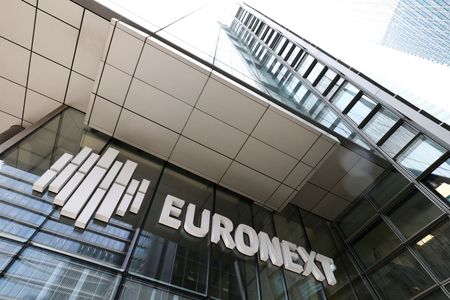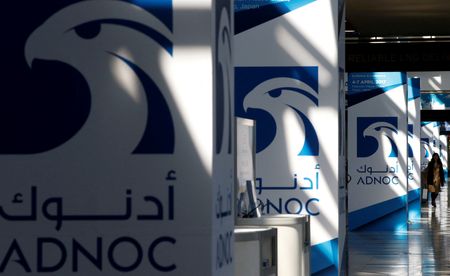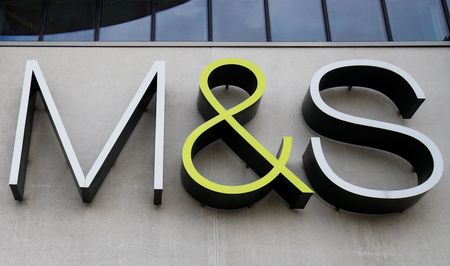By Charlie Conchie
LONDON (Reuters) -Two of Europe’s major stock exchange operators are stepping up efforts to retain local initial public offerings in the face of U.S. competition, with marketing and research challenging the perception that New York-listed companies fetch higher valuations.
Stock exchanges in Europe and the UK have been hit by a drought of IPOs over the past two years and a number of local firms choosing to float or move primary listings to the U.S. for its deeper pools of capital and potentially higher valuations.
Deutsche Boerse, which operates the Frankfurt Stock Exchange, is warning of sluggish post-IPO performance, higher costs and the threat of litigation for firms that list in the U.S., according to a document shared with German companies and IPO advisers in recent weeks, and Reuters.
It found that about two-thirds of companies that listed in Europe, including Germany, rose on their first day of trading, while only about half of European companies that listed in the U.S. gained on their market debuts. Over time the IPOs from the region also fared better in Europe than in the United States.
The data doesn’t mention valuation at IPO, but the exchange highlighted in its report several examples of European-listed companies trading at a premium to U.S.-listed peers.
Euronext, which operates seven markets in cities including Amsterdam and Paris, is also planning to reissue a similar paper challenging the belief that U.S.-listed firms attract higher valuations than their European peers, its spokesperson told Reuters.
“We really see more a competition, if you will, between Europe and the U.S. market in terms of listings, rather than within Europe,” Stefan Maassen, head of capital markets and corporates at Deutsche Boerse told Reuters.
Exchanges earn fees from companies that list on their platforms and from brokers for trading of securities, and are seen as critical by policymakers to attract investment.
DEEPER MARKETS
European officials have been looking for ways to deepen the continent’s capital markets as the depth and size of U.S. markets are a draw for those eyeing a listing.
The S&P500 index has a market capitalisation of $49.5 trillion, almost four times that of Europe’s Stoxx 600, according to LSEG data based on Monday’s closing prices.
European officials are also considering new listing rules to improve access to financing.
The efforts by Deutsche Boerse and Euronext to curb New York’s allure for European firms echo those of the London Stock Exchange which circulated a “mythbusting” document in March, questioning the perception that U.S.-listed companies attract higher valuations than those in London.
Deutsche Boerse also said in its document it found that the share prices of U.S. listed German companies have fallen 13% on average since 2004, naming internet company trivago and retailer Mytheresa which have both fallen since floating, while issuers in Frankfurt saw a 24% rise.
Around 130 European companies worth a combined $667 billion opted to either float or move their primary listing to the United States over the past decade, according to research by capital markets think tank, New Financial.
However, 70% of those are trading below their listing price with an overall average fall of 9%, according to the think tank.
“We need to make our advantages more visible, and not just globally, but finally also on our own doorstep,” Deutsche Bank CEO Christian Sewing said on Tuesday in a speech in Berlin, commenting on the relocation of European company listings to the U.S.
Deutsche Boerse warned cross-border listed companies face potentially greater risks of lawsuits. To be sure, some market participants argue the risk of litigation gives shareholders paths to redress.
Tariff-induced turmoil roiling U.S. markets could also lift the appeal of European markets, exchange executives say.
Some market players, like Eva-Maria Wiecko, Head of Equity Market Solutions, Germany and Austria at Rothschild & Co, are more sceptical.
While the U.S. equity market has seen inflows in recent years, European markets have largely experienced outflows.
“The recent re-balancing is only a fraction of these numbers, underscoring the continued relative strength of the U.S. market,” Wiecko said.
($1 = 0.8950 euros)
(Reporting by Charlie Conchie. Additional reporting Emma-Victoria Farr and Tom Sims; Editing by Anousha Sakoui and Emelia Sithole-Matarise)









